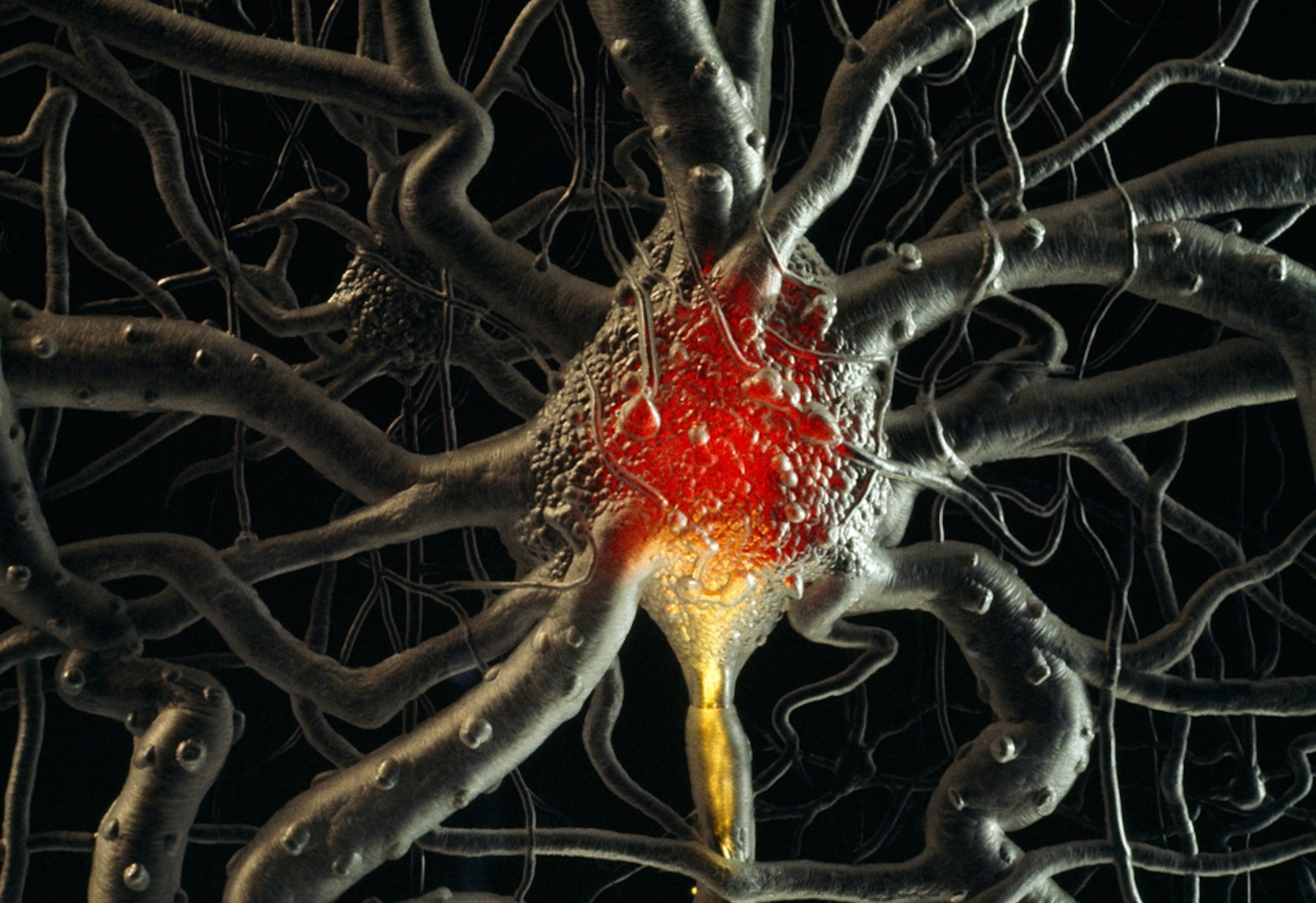
Brain Cells in a Dish Keep Time
Networks of brain cells in the laboratory can be trained to track time—suggesting we're not ruled by one master clock, a new study says.
Networks of brain cells in a petri dish can be trained to keep time like hourglasses, a new study says.
The discovery may help scientists reveal how our brains track time, an ability fundamental to how humans interact with each other and the world. It's also key to how we recognize speech patterns and song rhythms.cn
"One issue that's been long debated regarding timing is whether there's a central clock in the brain or whether timing is a general ability in many different circuits of the brain," said study leader Dean Buonomano, a neuroscientist at University of California, Los Angeles.
Brain's Electric Memories
Buonomano and colleagues kept networks of rat brain cells alive in petri dishes and stimulated them with two electrical pulses separated by intervals ranging from a twentieth of a second to a half-second in length.
(Related: "Rat Made Supersmart -- Similar Boost Unsafe in Humans?")
After the cell networks received two hours of "training," a single electrical pulse was given to them to see how the cells would react.
In networks trained with short intervals, the communication between cells lasted for only a short while—say, 50 to 100 milliseconds in networks trained on 50-millisecond intervals.
However, in networks trained with long intervals, network activity lasted for much longer, according to the study, published June 13 in Nature Neuroscience.
When networks trained on half-second intervals were probed, the networks essentially talked to each other for 500 to 600 milliseconds.
The research is the first time scientists have found that brain cells can learn to generate simple timed intervals.
All Brain Cells Keep Time?
The new research suggests that our ability to tell time is not controlled by one timekeeper, but is something any brain-cell networks can do—at least in less than a second, Buonomano said. (See brain pictures.)
"By better understanding timing, which is critical to virtually everything we do, we can learn more about how the brain recognizes complex patterns in space and time—which artificial computer systems are still struggling with."




